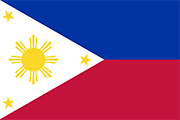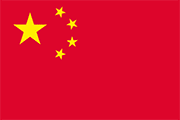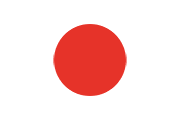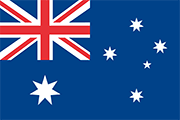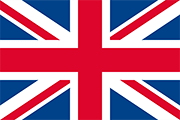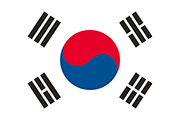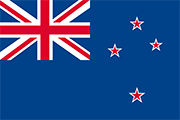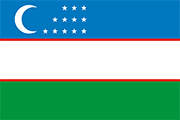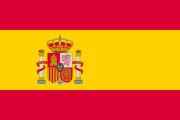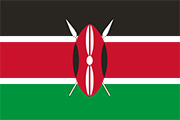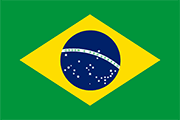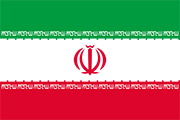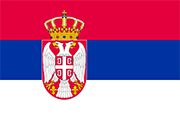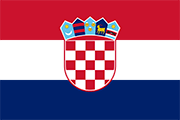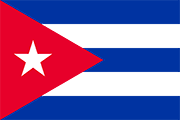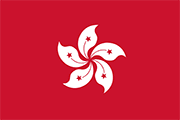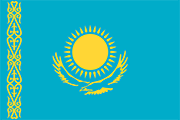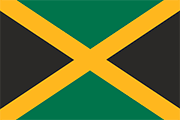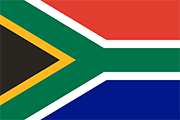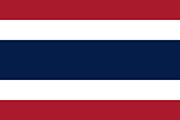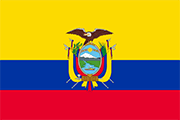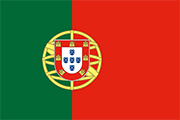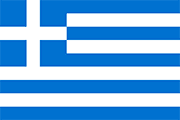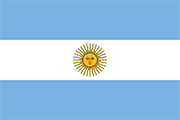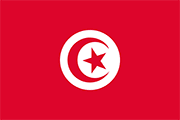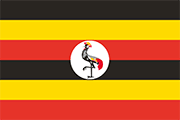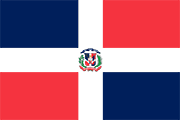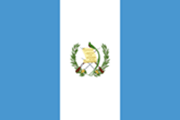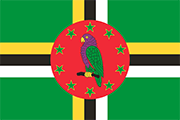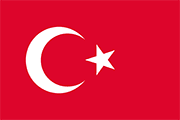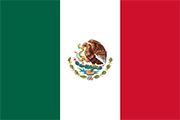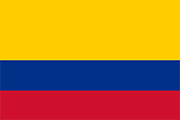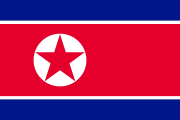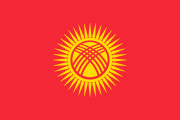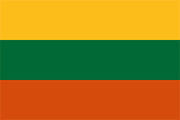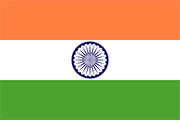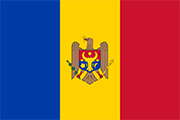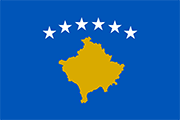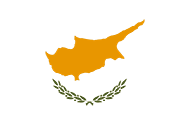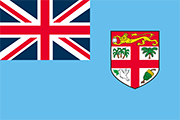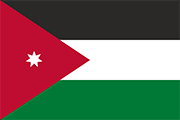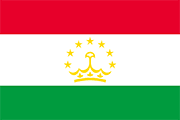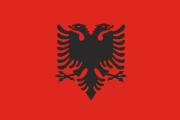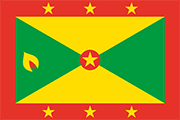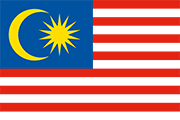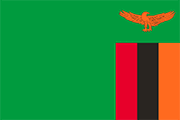Judges at the International Criminal Court on Wednesday gave the green light for a full investigation into crimes against humanity during the Philippines’ so-called “war on drugs.”
The court “granted the prosecutor’s request to commence an investigation in relation to crimes within the jurisdiction of the court allegedly committed on the territory of the Philippines” from 2011 to 2019, the Hague-based ICC said in a statement.
“We hope this is the beginning of the end to impunity. No one should be invincible and infallible. There is always a time for everything,” said Edre Olalia, president of the National Union of People’s Lawyers that is assisting the group Rise Up for Life and for Rights on its complaint before the ICC.
The Hague-based court approved the probe despite the fact that Manila left the court in 2019 following a preliminary probe into President Rodrigo Duterte’s crackdown.
Former ICC chief prosecutor Fatou Bensouda had asked judges in June to authorize the full-blown probe into allegations that police unlawfully killed as many as tens of thousands of civilians.
The judges “found there is a reasonable basis to proceed with an investigation, noting the specific element of the crime against humanity of murder,” the court said in a statement.
The court said it appeared that “the so-called ‘war on drugs’ campaign cannot be seen as a legitimate law enforcement operation, and the killings neither as legitimate nor as mere excesses in an otherwise legitimate operation.”
“The available material indicates, to the required standard, that a widespread and systematic attack against the civilian population took place pursuant to or in furtherance of a state policy,” it added. With AFP
The probe will cover the period from 2011 to 2019.
Duterte pulled the Philippines from the ICC after it launched its preliminary investigation into his drugs crackdown.
But the judges said that even though the Philippines had withdrawn as a state party to the court, the alleged crimes took place while Manila was still a signature to the court’s Rome Statute, so it could still probe them.
“The court retains jurisdiction with respect to alleged crimes that occurred on the territory of the Philippines while it was a state party,” the judges said.
Set up in 2002, the ICC is a so-called court of last resort and only becomes involved in probing the world’s worst crimes if its member states are unable or unwilling to do so.
The Supreme Court, in a unanimous decision, earlier ruled the President can unilaterally withdraw from international agreements that he or she determines to be contrary to the 1987 Constitution or laws, but the country still has the obligation to cooperate with the ICC despite pulling out from the Rome Statute.
The Rome Statute is the treaty that established the ICC, the first and only permanent international court with jurisdiction to prosecute individuals for the international crimes of genocide, crimes against humanity, war crimes, and the crime of aggression.
The Supreme Court cited the Rome Statute’s provision that any exit does not affect criminal proceedings pertaining to acts that occurred when a country was still a state party. With AFP





